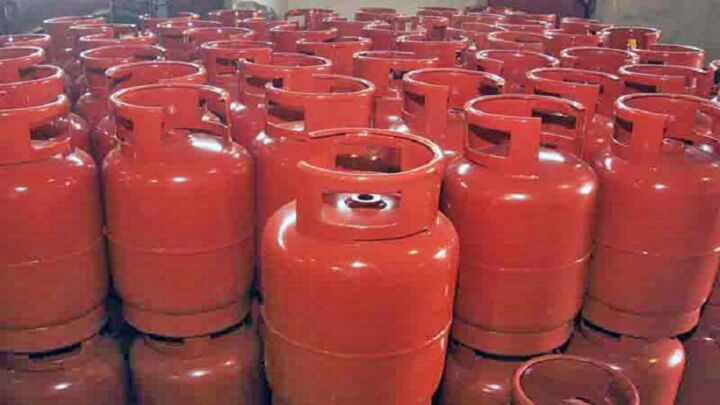Nigerian Content Development and Monitoring Board (NCDMB) has established that it has secured approval to produce Liquified Petroleum Gas (cooking gas) to ensure 10 percent of current nationwide demand.

The Executive Secretary of the NCDMB, Engr. Simbi Kesiye Wabote announced this while speaking at the 2022 Nigerian International Energy Summit (NIES), which ended in Abuja on Thursday.
He added that the procedure will see NCDMB work alongside select partners to produce the Liquified Petroleum Gas.
Wabote said the Board recently secured the approval of its Governing Council for a partnership to produce 123,000 metric tonnes per annum LPG, which is about 10 percent of current demand nationwide, from the Utorogu Gas Plant, in Warri, Delta State, to enhance local production of LPG and reduce import requirements.
“The Board’s latest efforts are geared towards actualizing the Federal Government’s Decade of Gas Policy as well as the overarching Nigerian Content aspirations which are to deepen in-country capacities in the oil and gas industry, create jobs for the teeming youths and retain spending in the economy.
“The Federal Government had introduced clear policies to make the nation become a gas-powered economy, one of which is the Decade of Gas that seeks to leverage on the country’s huge gas reserves to become not just a major exporter but to become a major gas consuming nation,” he said.
He also highlighted other Board’s investments and partnerships in the gas sector to include the creation of a 10 hectares gas hub in Polaku, Bayelsa State for hosting gas-based infrastructure and facilities, LPG jetties/terminals, storage facilities, inland transportation, cylinders manufacturing, bottling, and retail.
He added that the NCDMB’s partnerships in the gas sector have unlocked 6,000metric tonnes of LPG storage facilities, annual production of 1.2million LPG composite cylinders, and infrastructure and facilities for processing of 840MMscfd of gas across fourteen states of the federation, including Bayelsa, Delta, Edo, Lagos, Kano, Kaduna, Katsina, Bauchi, Nassarawa, Zamfara, Niger, Plateau, Gombe, Jigawa states and the Federal Capital, Abuja.
On the Petroleum Industry Act (PIA), Engr. Wabote urged international and local operators in the industry to approve final investment decisions (FID) for new projects to justify the energies that went into enacting the business-friendly legislation, citing that the agency is ready for new projects to be approved for sustainable growth in the industry and expressed hope that some new projects would soon be announced on the back of the PIA 2021.
On the global move to renewables, he warned that the West’s agenda for energy transition was motivated by the depletion of hydrocarbon reserves and forests in their locality, leading to their push for renewables and green energy to power their economies.
“The United Kingdom and most European nations currently rely heavily on oil importation, and they consider this scenario a threat to their energy security, thus their push for the locally available form of energy to come into prominence in the mix.
“Nudging other nations to set timelines to reduce or abandon their locally available form of energy will be counter-productive and cause disruptions in global energy supply, hinting that it had already begun to demotivate new investments in oil and gas developments worldwide,” he said.
To overcome this challenge, African nations must begin to develop or adapt technologies such as rigs, and other equipment that will enable the production and utilization of our hydrocarbons.
Support InfoStride News' Credible Journalism: Only credible journalism can guarantee a fair, accountable and transparent society, including democracy and government. It involves a lot of efforts and money. We need your support. Click here to Donate
